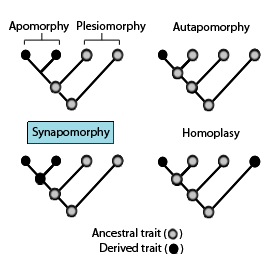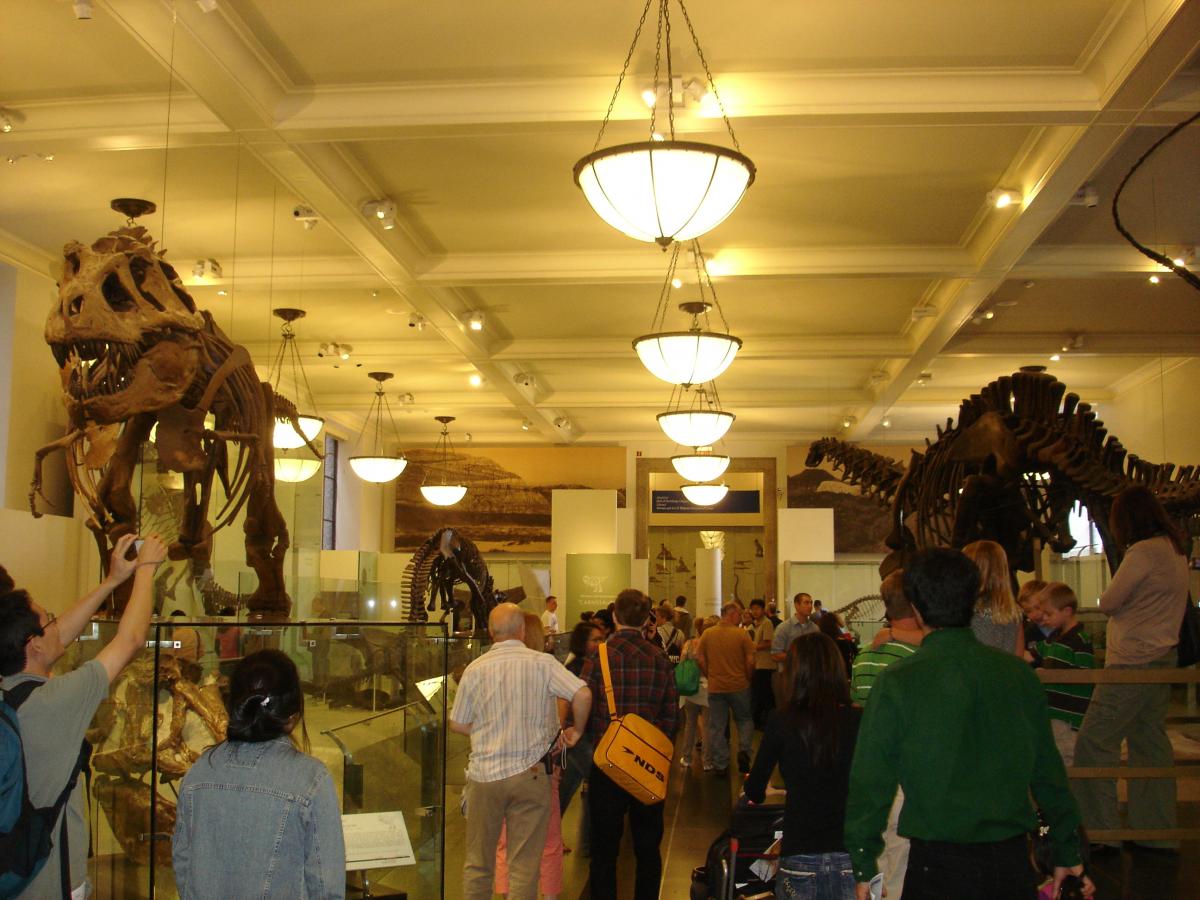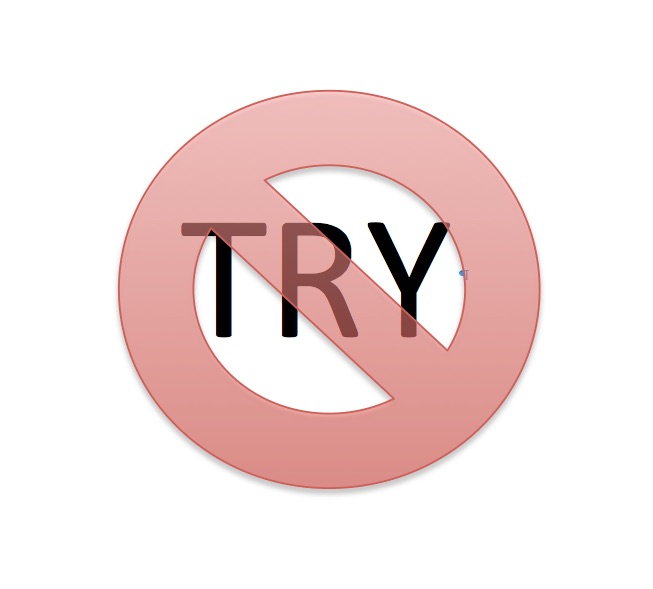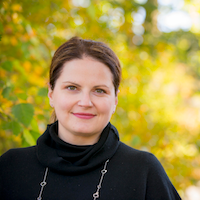A friend asked me recently why I kept calling out scientists on their public comments. They’re scientists, my friend said, they’re on your side, so stop being so nitpicky and mean!
Am I being mean?
I certainly don’t intend to be mean, so perhaps it is worth a few lines to reiterate the point of these “Say What?” posts.  Promoting a wider and deeper understanding of how science works is the only way we can hope to turn the tides of science denial and science illiteracy in our society. I’m not suggesting that everyone needs to know the difference between a synapomorphy and a plesiomorphy—but I am suggesting that if we want fewer people to reject evolution on the grounds that we aren’t chimpanzees, it’d help if they understood the basics.
Promoting a wider and deeper understanding of how science works is the only way we can hope to turn the tides of science denial and science illiteracy in our society. I’m not suggesting that everyone needs to know the difference between a synapomorphy and a plesiomorphy—but I am suggesting that if we want fewer people to reject evolution on the grounds that we aren’t chimpanzees, it’d help if they understood the basics.
Classroom educators, certainly, bear much of the responsibility for getting the rudiments of science into our brains. However, since most people aren’t scientists and most people leave formal education somewhere between the ages of eighteen and thirty, classroom teachers cannot be the only ones shoring up our understanding of science.
 Where else does the public learn about science, then? In informal education settings (such as museums) and in the media. So informal educators, journalists, media personalities, and yes, professional scientists must also be held accountable for clearly and accurately communicating science. When it comes to evolution, the public is particularly vulnerable because most students (yep, most) don’t learn it properly during their formal education, or—worse—are taught that biological evolution is wrong or just one theory among many. So poor public communication of evolution really upsets me, and so yes, I complain about it a lot—but now at least you understand (I hope) that I do so with good reason.
Where else does the public learn about science, then? In informal education settings (such as museums) and in the media. So informal educators, journalists, media personalities, and yes, professional scientists must also be held accountable for clearly and accurately communicating science. When it comes to evolution, the public is particularly vulnerable because most students (yep, most) don’t learn it properly during their formal education, or—worse—are taught that biological evolution is wrong or just one theory among many. So poor public communication of evolution really upsets me, and so yes, I complain about it a lot—but now at least you understand (I hope) that I do so with good reason.
Consider this latest example. In a recent edition of Science News (subscription required, but you can see the problem in the preview), Stanford University geologist Donald Lowe was interviewed about his new study about the effects of ancient asteroid impacts on the evolution of early life. He was quoted as saying the following (emphasis added):
“These impacts would have a profound influence on any life trying to evolve into more complex, low-temperature organisms…they’d keep getting whacked by these giant impactors and driven to extinction or near extinction.”
So a person reading this article—even just the first few paragraphs of the article—would get the impression that organisms try to evolve. That is a big problem. This idea, that evolution is somehow a self-directed march toward complex perfection, is a fundamental misunderstanding. It’s not only wrong, it’s dangerous, because it has potential to feed into a common creationist argument that scientists believe in evolution because they don’t believe in God. With no Creator to explain how humans came to be, the argument goes, scientists had to invent evolution, whereby simple  organisms turned themselves into more complicated organisms, and eventually, into humans. On this reasoning, evolution is no longer an elegant explanation for the diversity and complexity of life, but a series of “just-so” stories to explain impossibly unlikely outcomes. How could a fish try to evolve into a reptile, one might ask? Poor, silly, atheistic scientists—they don’t realize how ludicrous they sound.
organisms turned themselves into more complicated organisms, and eventually, into humans. On this reasoning, evolution is no longer an elegant explanation for the diversity and complexity of life, but a series of “just-so” stories to explain impossibly unlikely outcomes. How could a fish try to evolve into a reptile, one might ask? Poor, silly, atheistic scientists—they don’t realize how ludicrous they sound.
And let me be super clear about something: I do not have a problem with religion or with religious beliefs in general. I truly don’t. But I have a problem with religious beliefs when they get in the way of a rigorous public science education. My concern, therefore, is that every time evolution is portrayed as intentional, as in the Science News piece, not only is a really wrong idea about how evolution works reinforced, but really wrong ideas about science and religion are given a boost. These reinforced misconceptions and mischaracterizations will then in turn strengthen anti-science efforts and further entrench individuals and groups who view a literal interpretation of a creation story as far more plausible than evolution.
Now, Lowe knows how evolution works: he’s a geologist, after all, and he surely knows that early organisms weren’t trying to evolve into more complex forms. And the reporter and the editor must have known, too; this is Science News that we’re talking about, not Weekly World News. That’s what makes this all so frustrating. Couldn’t Lowe have fought down the temptation to anthropomorphize evolution? Couldn’t the journalist have questioned his word choice or prompted him to self-correct? Couldn’t the editor have thought to get a different quote or to add a clarification? That they didn’t upsets me to no end, because now anyone reading the article in Science News will have their misconception reinforced or their view that evolution is ridiculously unlikely further entrenched.
Of course, one lapse like this is not likely to have a massive effect on the public’s understanding of evolution. But such lapses are all too common, and it’s easy to believe that in the aggregate they appreciably contribute to the problems that all science educators constantly face.
We have to get better at this. It’s way too easy to find subjects for the “Say What?” treatment here—and if you’ve noticed, these are not obscure offenders we’re citing, but renowned museums and accomplished researchers, writers for the Wall Street Journal and Nature!
As scientists, it can be hard to put ourselves in the mindset of someone who has never heard a coherent explanation of evolution, but it’s really important that we do so. We must describe the nature and the importance of our work in ways that steer clear of reinforcing misconceptions and misunderstanding. And while we’re at it, it would be good to take the opportunity also to emphasize lessons about what science is and how it works.
Does anyone have some success stories to share? I could use some inspiration for a “Well Said” post about now.
h/t to Anson Kennedy for bringing this to my attention.
Are you a teacher and want to tell us about an amazing free resource? Do you have an idea for a future Misconception Monday or other post? See some good or bad examples of science communication lately? Drop me an email or shoot me a tweet @keeps3.

